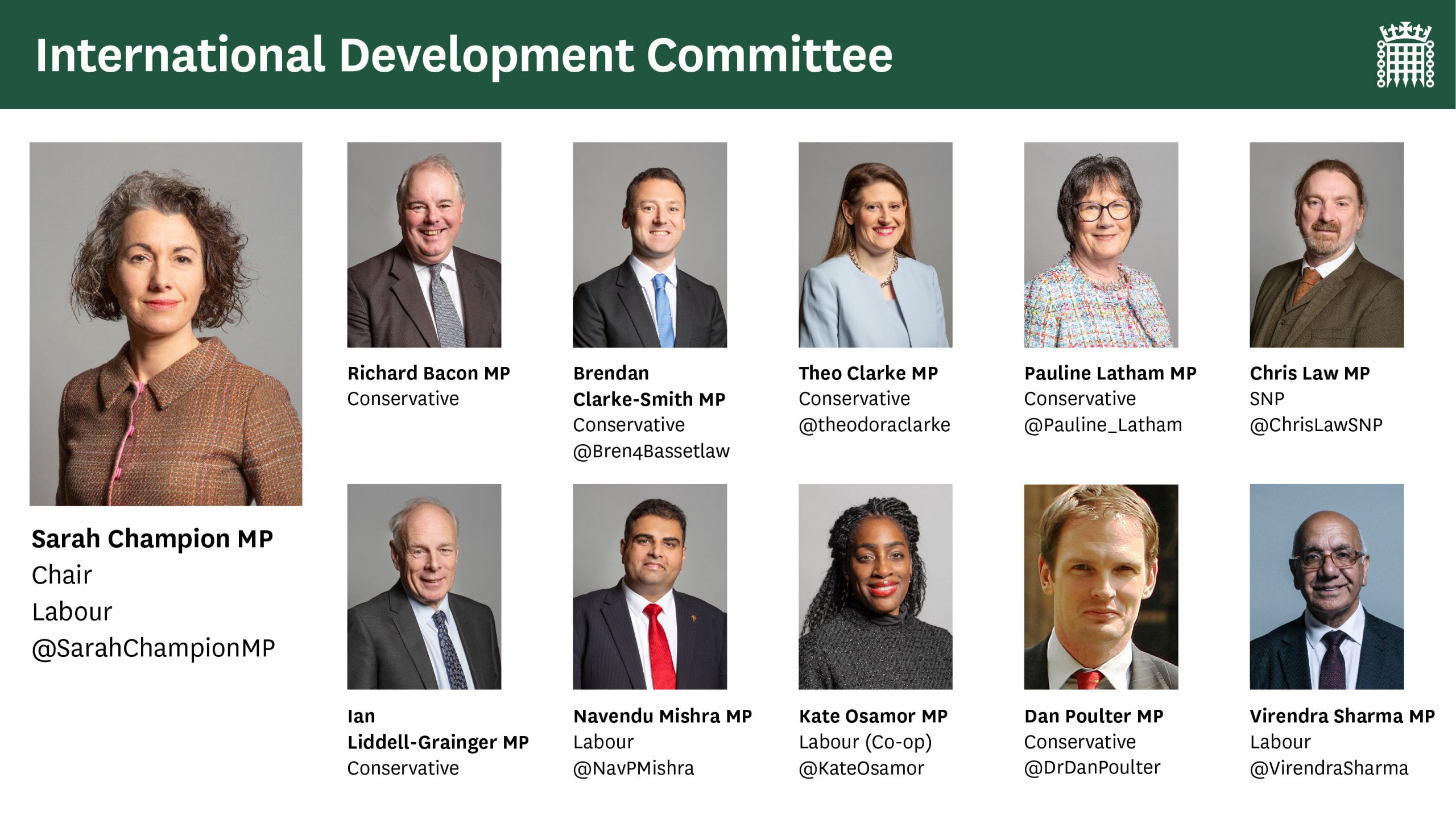How effective is UK aid?
The UK has made major contributions to global development, but COVID-19 threatens 30 years of progress
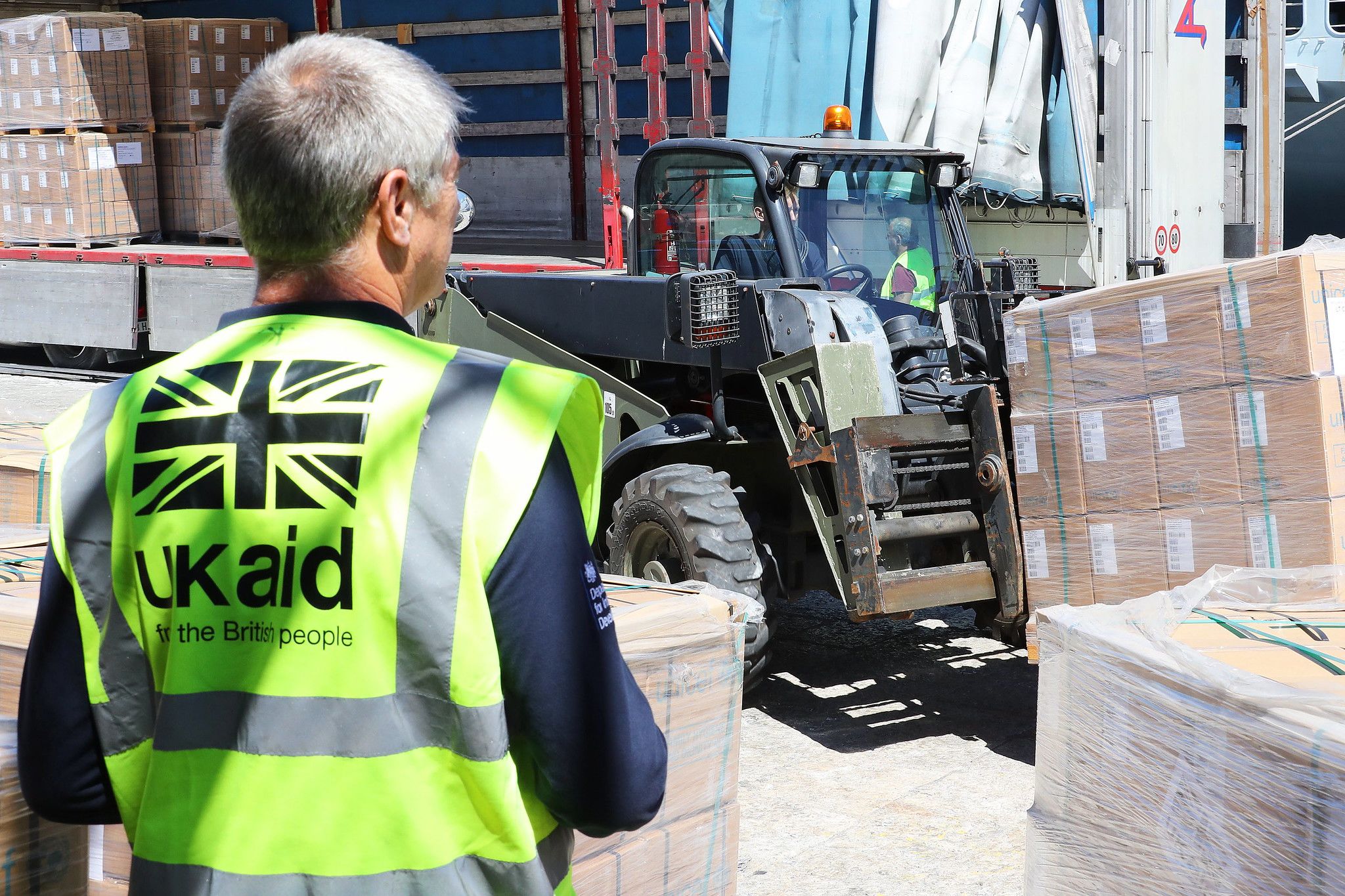
The world has changed since the Committee launched its inquiry into the Effectiveness of UK Aid in March 2020.
Since March, the world has been gripped by the COVID-19 pandemic, impacting developed and developing countries alike. Like other policy areas, the pandemic will shape the future of international development policy for years to come.
We had planned that this inquiry would keep pace with the Government's Integrated Review of Security, Defence, Development and Foreign Policy, providing the Review with our consideration of how UK aid can be as effective as possible and what the future of UK aid spending should look like.
We are using the opportunity to publish an interim report setting out our provisional conclusions and recommendations on the effectiveness of UK aid and the future of UK aid spending. We will continue to digest and take account of written submissions before publishing our final report later this year.
What is UK aid?
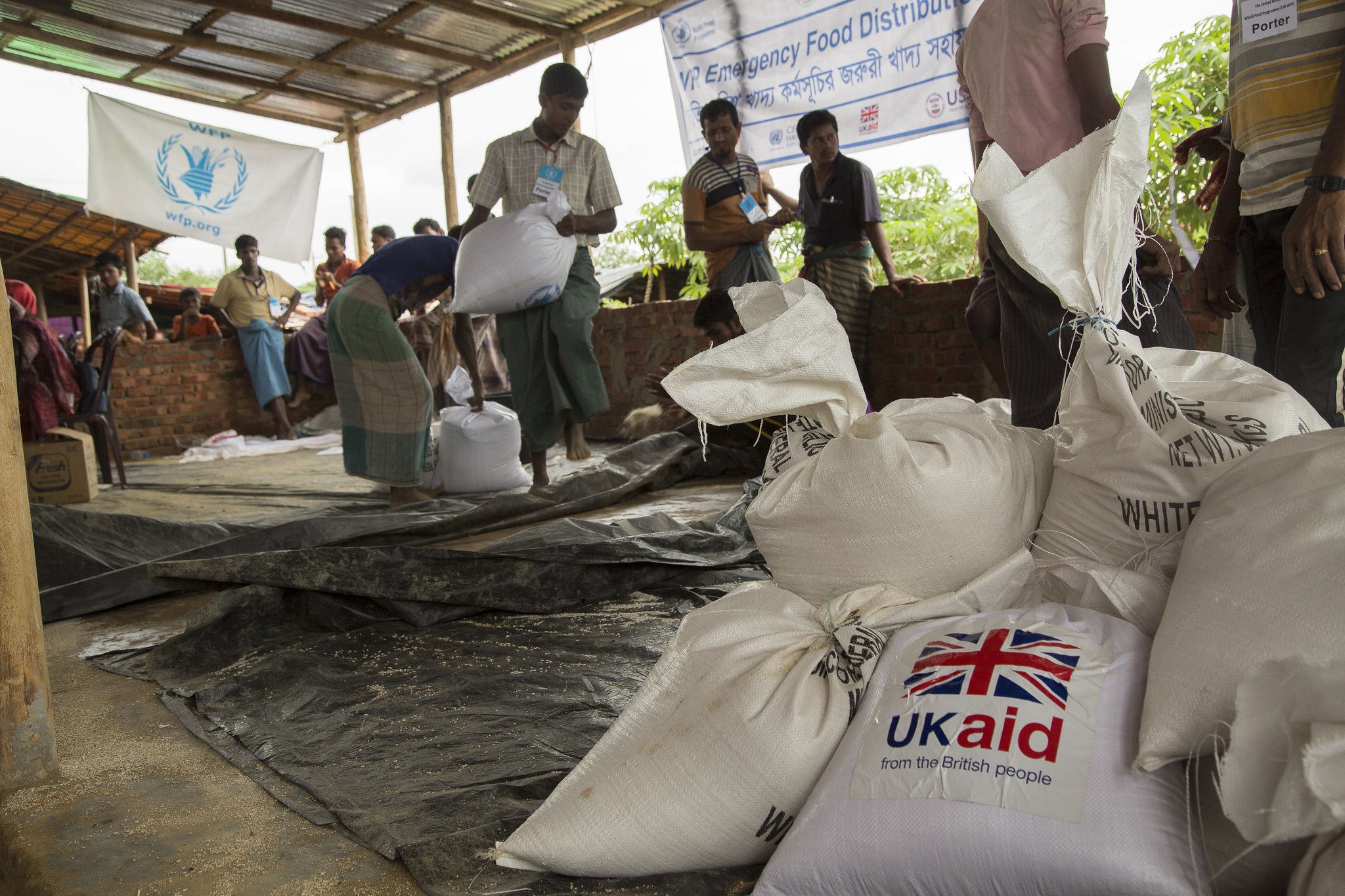
UK aid is the financial support Britain gives to poorer countries to promote sustainable development, eliminate world poverty and help people whose lives have been destroyed by disaster or conflict.
This includes:
Responding to global health threats, such as in supporting countries in West Africa in their response to the Ebola crisis.
Providing humanitarian support in complex crises throughout the world, such as Yemen and Syria.
Ensuring access to water and sanitation, for example in Nigeria and Ethiopia.
Combating climate change, such as through promoting small scale low carbon energy in Uganda and promoting investment in conservation across Latin America.
Supporting women and girls through a diverse range of projects across the world, including access to education in Nigeria, access to family planning services in Bangladesh and protection against gender-based violence in Ukraine.
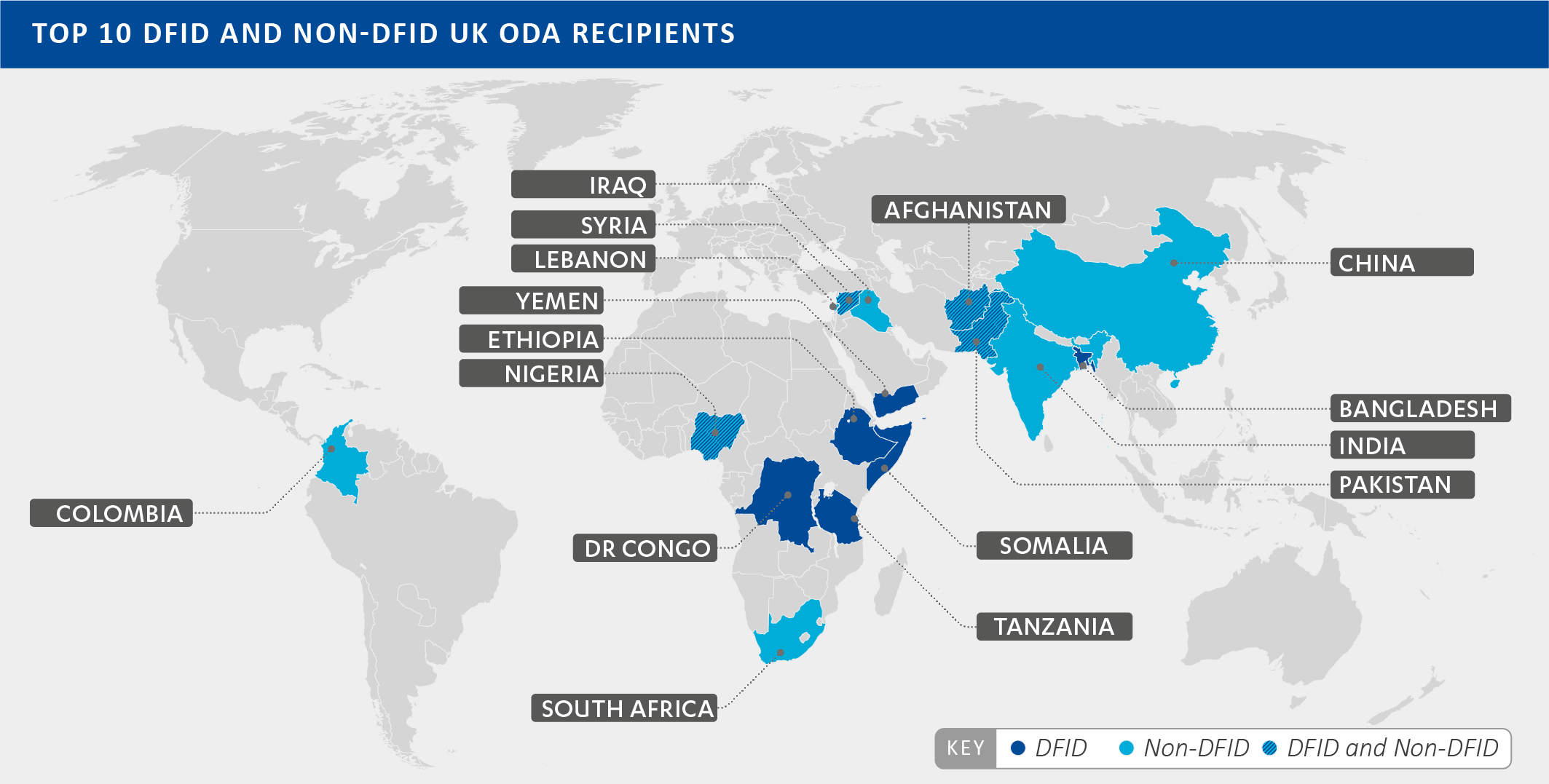
Source: Independent Commission for Aid Impact (ICAI), EUA0028
Source: Independent Commission for Aid Impact (ICAI), EUA0028
UK aid's reputation
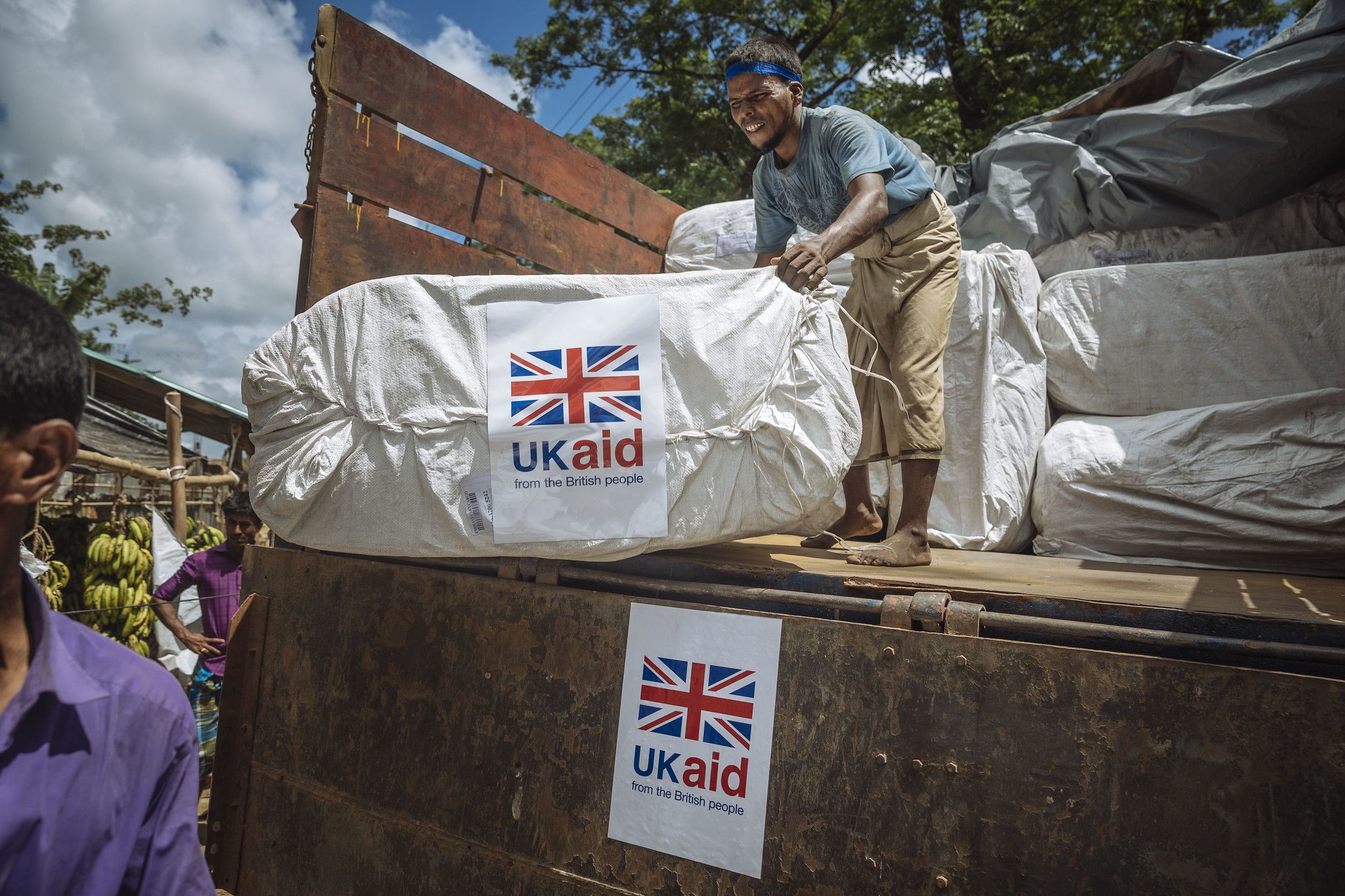
UK aid has an excellent reputation around the world.
This is a result of:
The UK's commitment to spend 0.7% of its gross national income (GNI) on Overseas Development Assistance (ODA).
The UK's respect for the rules-based international order and focus on the poorest, most vulnerable and most marginalised people in the world
The Department for International Development's (DFID’s) globally acknowledged expertise built up over two decades
It is this approach that underpins the UK's global leadership in many development-related areas.
The UK has met the 0.7% target for seven consecutive years since 2013. The UK continues to be one of a handful of countries that spends 0.7% of its GNI on ODA.
DFID is the biggest spender of ODA of any UK government department. In 2019, it spent £11.1 billion of ODA with the remainder split between other government departments and other payments and attributions.
The other government department that spent most on ODA in 2019 was the Department for Business, Energy and Industrial Strategy which spent £0.95 billion (6.3% of the total ODA budget), followed by the Foreign and Commonwealth Office, which spent £0.68 billion (4.5%).
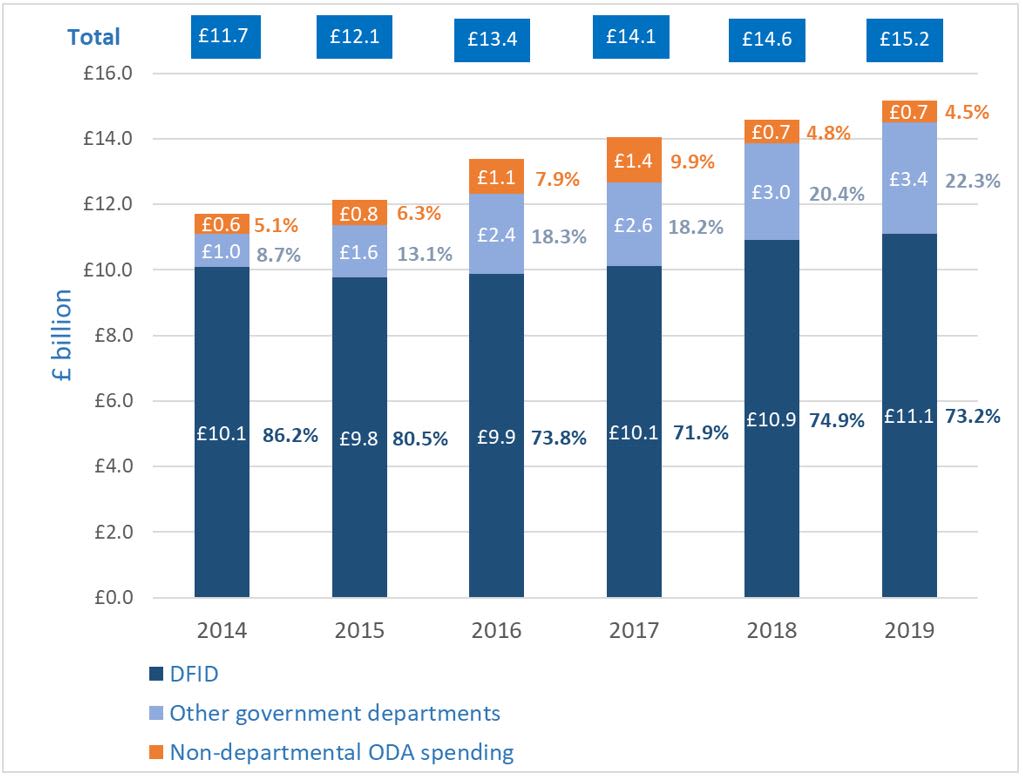
Annual UK Official Development Assistance (ODA) expenditure by source, 2014 to 2019
Annual UK Official Development Assistance (ODA) expenditure by source, 2014 to 2019
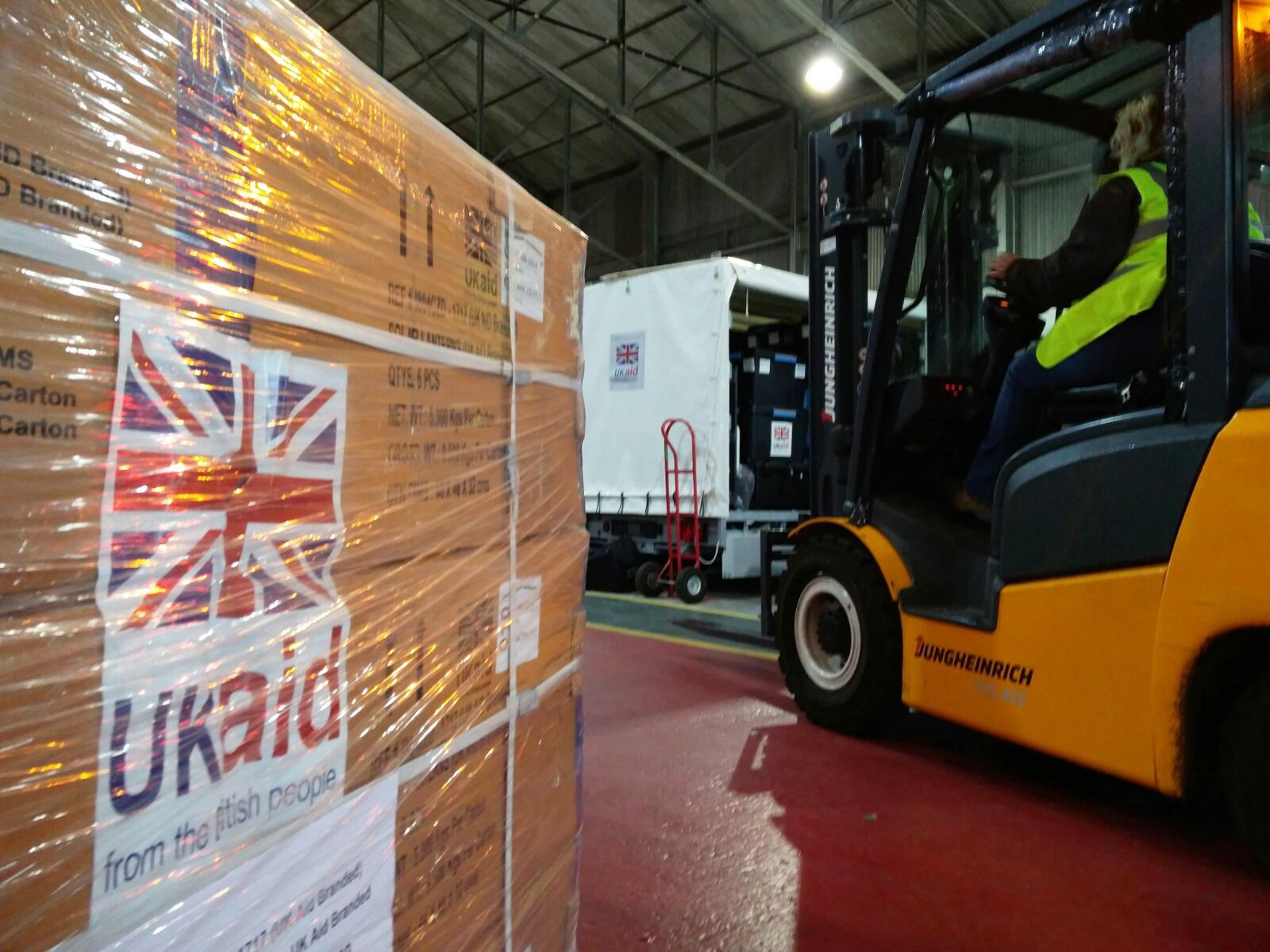
Where should UK aid go from here?
- We welcome the commitment of the Government to continue spending 0.7% of GNI on ODA, and to adhere to the OECD’s DAC definition of ODA. However, it is imperative that the UK Aid Strategy is published in advance of the Spending Review to ensure the UK’s aid outputs are based on strategic planning rather than fitting around Whitehall budgets.
- In recent years, the UK aid budget's focus has shifted towards middle-income countries that are primarily of interest to the UK from a security, climate change or economic perspective. This shift is driven by non-DFID UK aid spending.
- To ensure that UK aid is used as effectively as possible, the Government must direct ODA to countries where there is the greatest likelihood of reducing poverty and ensure that these interventions are helping the world's poorest and most vulnerable people.
COVID-19

The global socio-economic impacts of COVID-19 have yet to fully emerge, but they are likely to be substantial and long-lasting.
In oral evidence, the Secretary of State for International Development told us that the COVID-19 pandemic threatens to undo 30 years of international development work, with a bleak outlook for the world's poorest.
In a time of COVID-19, we need stability and should seek to avoid a potentially disruptive and costly machinery of government reorganisation that will impact on the effectiveness of aid. This Committee advocates strongly for the retention of the current standalone Ministry of State model for international development, with a Cabinet-level Minister.
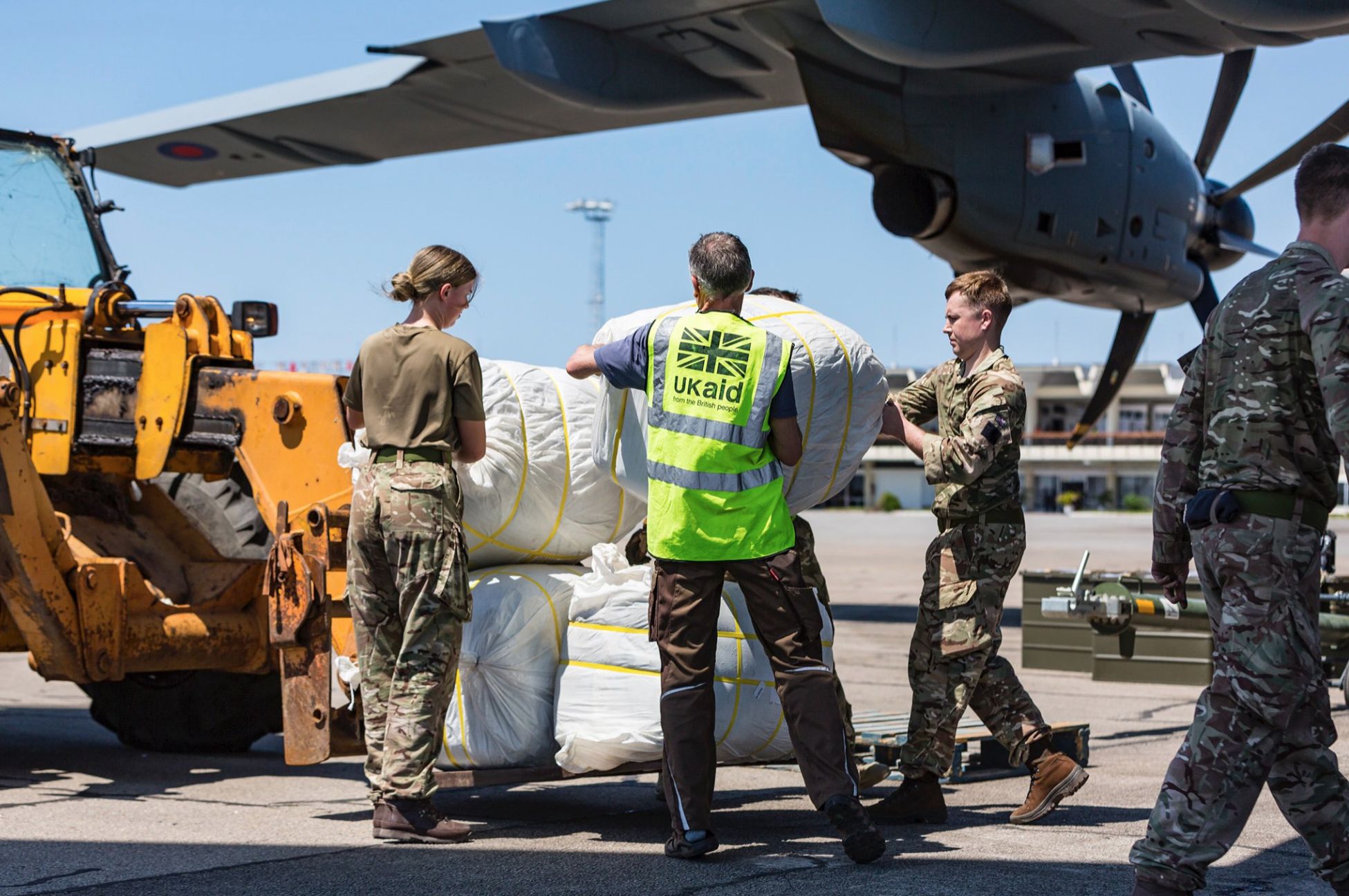
The Government must now respond to our interim report
Our report 'Effectiveness of UK aid' was published on 9th June 2020.
Detailed information from our inquiry can be found on our website.
If you’re interested in our work, you can find out more on the House of Commons International Development Committee website. You can also follow our work on Twitter.
The International Development Committee is a cross-party committee of MPs that scrutinises government policy.
Title image source: Department for International Development

